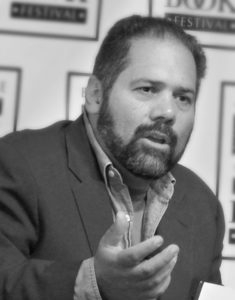
Ray Suarez
The Big Class — Civil Conversations in Uncivil Times: Practicing Our Faith in the Public Square with Ray Suarez is now live. It will be free to anyone who wants to take it through October 26. So far, over a thousand people across the world have signed up for this class. Join them and engage in productive discussion about an issue central to our political and cultural lives.
If you have managed to go through the 2020 election season without vilifying your opponents’ supporters– in your mind, even if not out loud — you’re doing better than many of us. The current political climate suggests that the less rationally and less decently to one another we behave, the more we demonstrate our passion about the issues at hand. The result: the more important an issue is, the less productive work gets done on it — the less the issues at stake even matter in the face of our mutual disgust — and the more bitter and entrenched in our own viewpoints we become.
Theologian Frederick Beuchner once wrote:
Of the Seven Deadly Sins, anger is possibly the most fun. To lick your wounds, to smack your lips over grievances long past, to roll over your tongue the prospect of bitter confrontations still to come, to savor to the last toothsome morsel both the pain you are given and the pain you are giving back–in many ways it is a feast fit for a king. The chief drawback is that what you are wolfing down is yourself. The skeleton at the feast is you.
Right now, we are a nation of skeletons. That’s why we need this class.
Anger is often appropriate when we see wrongdoing. We aren’t meant to be indifferent in the face of injustice and oppression, and engaging important issues means that we will feel anger, sorrow, and fear. But savoring our rage, using it to fuel hatred for our opponents, carrying it as a badge of honor? Beyond our clear Christian injunction to treat other people with respect, that approach is not a productive use of our energy. It builds nothing and helps nobody.
In this class, renowned journalist Ray Suarez, discusses an approach that does help — one by which we stand for our principles and use our energy to work toward a more just world without tearing each other apart. In lesson one, he talks about how social and political discourse in America descended to its current level. In lesson two, he discusses the scriptural basis for treating one another with civility. In lesson three, he describes methods by which we may avoid villainizing one another and ways to compromise productively on important issues without backing down in the face of injustice or giving in to oppression. In lesson four, students have an opportunity to ask Ray questions. He will answer from time to time over the two weeks the class is offered. In lesson five, Ray talks about about how we can get to the point of living this way.
This course is ideal for Christians looking for ways to be faithful in the midst of contentious politics. Thanks to The Episcopal Church, the Episcopal Church Foundation, Trinity Wall Street, The CEEP Network, and Forward Movement for making it possible for us to offer this course for free.
 We just launched Developing a Rule of Life with Hillary Raining For Individuals and For Groups.
We just launched Developing a Rule of Life with Hillary Raining For Individuals and For Groups.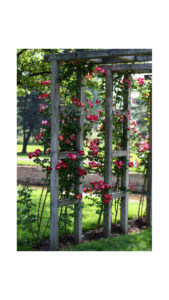 a set of strict regulations, with punitive consequences for those who step out of line, she suggests thinking of a rule of life as a trellis — something helpful and supportive that guides our growth in the direction that we and God think best.
a set of strict regulations, with punitive consequences for those who step out of line, she suggests thinking of a rule of life as a trellis — something helpful and supportive that guides our growth in the direction that we and God think best.

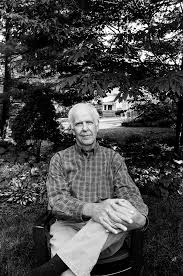
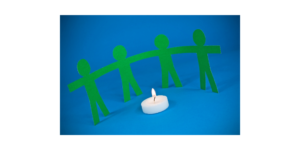 If you missed The Big Class: Civil Conversations in Uncivil Times — Practicing Our Faith in the Public Square with Ray Suarez, no worries!
If you missed The Big Class: Civil Conversations in Uncivil Times — Practicing Our Faith in the Public Square with Ray Suarez, no worries! 

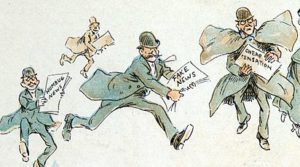
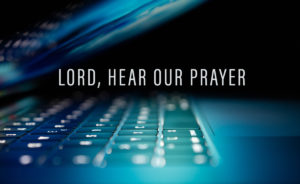 We just launched
We just launched
